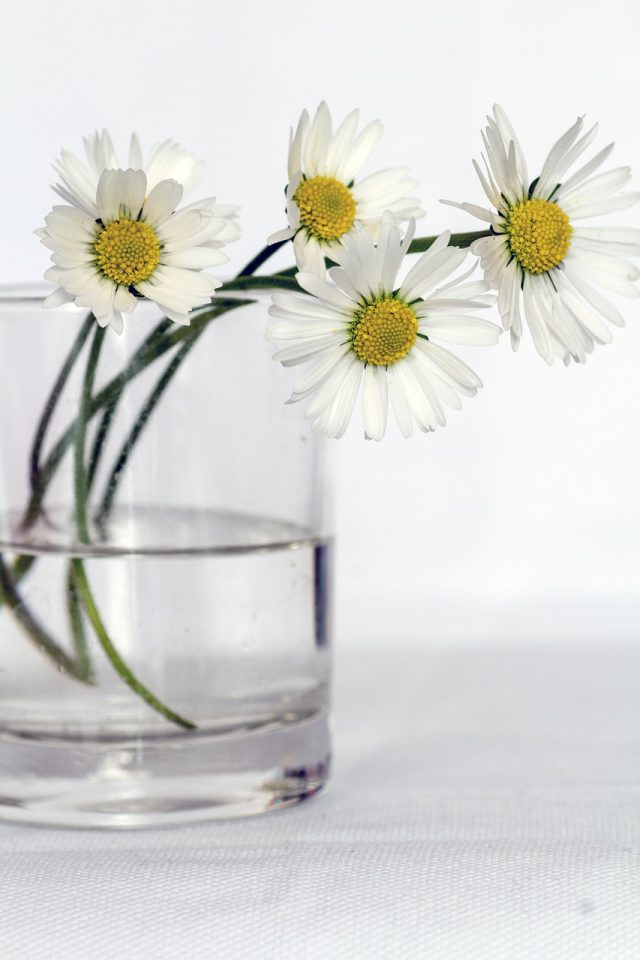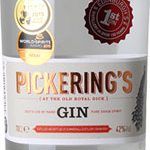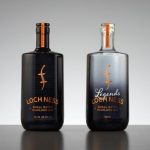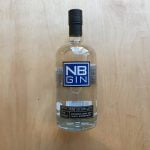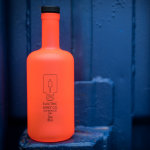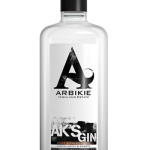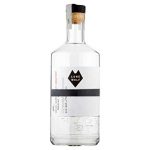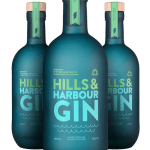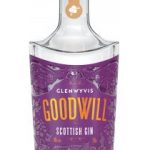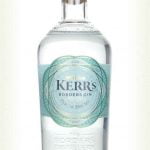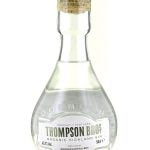A shift to sustainability
Climate change, plastic pollution, melting ice caps. These are worrying times for the world and, as such more of us are making changes in our everyday lives and habits to lead a less wasteful, more sustainable and inclusive lifestyle.
So, you’ve bought your re-usable cup, dusted off your bicycle and supported community initiatives. But what about your gin? The Scottish Gin Society has done a bit of research to bring you this list of 15 of the Scottish Gins that are making a conscious effort to become more sustainable in a number of ways.
The bottle
Pentland Hills Gin – Phil and Tabatha – the husband and wife team behind Pentland Hills Gin are incredibly passionate about what they do, and this is reflected by making their gin production as environmentally sustainable as possible. Each bottle is hand-etched with a unique number, that allows customers to send the bottle back for a refill. The bespoke box the bottle is dispatched in is made from recycled cardboard and should survive at least 5 journeys’ back and forth to Tarbraxus. It’s a truly circular approach.
Also, the distillery is powered by solar energy; they have planted their own juniper crops in the land next to their poly-tunnels where they are growing botanicals, and the tails are re-used to make soap. They have thought of everything to make their operation as low-impact on the environment as possible.
Achroous – James Porteous, founder of Electric Spirit Co has been working hard to figure out how to remove as much single-use plastic from the entire gin production process as possible. He made the decision to get rid of all plastics, as he says, even those marked as recyclable, often end up in landfill after a time. After a lot of research, James has now produced his first 100% recyclable versions of the distinctive neon Achroous bottles, having ditched all plastic used in the labelling and bottling process. –
McQueen Gin Another Scottish Gin that gave some thought to the sustainability of their packaging was McQueen Gin, who last year swapped their well-known, but un-recyclable ceramic bottles to beautiful and fully recyclable clear glass bottles.
Pickering’s Gin The latest Scottish Gin to consider environmental responsibility in their packaging is the innovative Pickering’s Gin team. You can now refill any Pickering’s Red Top, Navy Strength or 1947 gin empties from their new refill tanks and then hand-dip your recycled bottles in green wax to reseal them. You’ll even get a 15% discount on your gin and if you refill 5 times (it’s easily done), you’ll get a replacement bottle with a nice fresh label.
The Gin Bothy Not only do The Gin Bothy offer customers money off each bottle returned for a refill, but they also donate £1 from each bottle of their Original Gin to The Woodland Trust.
NB Gin – NB Distillery aim to do as much as they can to reduce their carbon footprint. So, they too offer customers the chance to refill their beautiful NB bottles. They also use clean, solar energy to power their distillation and recycle their fermented botanicals to feed a local farmer’s cattle!
Loch Ness Gin – We’d doubt that anyone would bin the stunning glass Loch Ness Gin bottles. But to make sure, the team at Loch Ness Spirits offer £30 refills to loyal customers – doing their bit to look after the amazing environment where they’re based.
The process
Kintyre Gin -Beinn An Tuirc, in Campbeltown where the superb Kintyre Botanical Gin is distilled, works hard to be a sustainable gin distillery. Not only is their copper still powered by their own green, hydro-electric scheme, but local spring water, drawn from the land around the estate, is a key ingredient in the gin itself. Add to that their tree-planting scheme and re-investment of profits into local enterprises and you get the sense of a distillery aiming to be as sustainable as it can.
Thompson Bros Organic Highland Gin – As the name suggests, this Highland Gin is made with organic ingredients. But it isn’t just the botanicals that are organic and sustainable. Thompson Brothers also make their own organic neutral wheat spirit (the base spirit of the gin), so straight off, they’re cutting carbon by reducing the travel required to make their gin.
The gin is created by twice distilling 90% of this organic spirit and is mixed with 10% slowly fermented Organic Plumage Archer Barley, infused with house botanicals including organic raspberry and elderflower.
Arbikie Gin – A ‘single estate’ distillery, the team at Arbikie grow, distil and bottle on-site, meaning they cut out unnecessary transportation. Additionally, their range of gins feature locally foraged botanicals with potatoes, wheat and honey farmed on the estate, meaning you can trace the journey back from your glass right back to the fields of Angus.
Hills & Harbour Gin- ‘Grain to ‘Glass’ is the process that the team at Crafty Distillery use to produce their award-winning Hills & Harbour Gin. Not only do they forage locally for sustainable botanicals to use in the gin, but they create their own GNS (the alcohol spirit that’s the base of all gins) from wheat from a local farm.
William Kerr’s Gin – At the Borders Distillery, Hawick, they call their process ‘Barley to bottle’ – meaning they use their own barley harvest and water to make their base spirit. The distillery itself uses a zero-waste ‘circular process’ where they aim to have all elements generated and disposed of on-site.
Still River Gin – If provenance is your thing, the folk at Deeside Distillery, where they produce Still River Gin are a great example of another gin producer that creates and uses its own base spirit.
GoodWill Gin – GlenWyvis Distillery was created as a result of a community share offer, financed by crowdfunding, it is the first 100% community-owned distillery, giving something back to the people of Dingwall, where it is based.
GlenWyvis is also a pioneer of sustainable distilling as a mixture of renewable wind, hydro, solar and biomass energy power all their distilling and operations.
Lone Wolf Gin – Finally, we need to mention Lone Wolf Gin. A gin brought to us by the brewing giants Brew Dog – they know a thing or two about making alcohol. So, when it comes to their gin, they decided to create their own base spirit, rather than importing it.
Welcoming change
When The Scottish Gin Society first did some research into sustainability in Scottish Gin production a year ago, we were impressed with the number of brands that were taking steps to reduce their carbon footprint.
This year, with the upsurge in public interest in protecting our planet, perhaps it is no surprise to see so many more brands responsibly following suit. It’s something for the Scottish Gin community to be proud of and we hope to report back in a years’ time with many more ‘green gin’ stories to tell.
Please enjoy Scottish Gin responsibly

